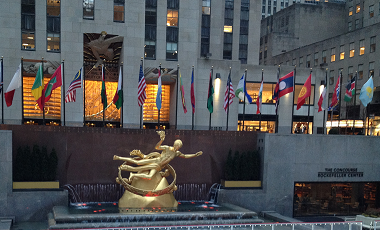Economics is the study of social behavior guiding in the allocation of scarce resources to meet the unlimited needs and desires of the individual members of a given society.

Economics seeks to understand how those individuals interact within the social structure to address key questions about the production and exchange of goods and services. First, how are individual needs and desires communicated such that the correct mix of goods and services become available? Second, how does a society provide the incentives for these individuals to participate in the production these goods? Third, how is production organized such that maximum-possible quantities are made available given existing resources and production technology? Finally, given that these individuals are at one time involved in the production process and at other times seeking to acquire the goods that have been produced, how are trading rules and exchange agreements established?
These questions stress the importance of understanding the process of production. The goal here is to understand the basic features of production without getting mired in great technical detail. This is accomplished by developing simple models that maintain the important features of what are, otherwise complex, engineering relationships.
Production is about the conversion of scarce resources into desired goods and services. These resources are often referred to as the factors of production --an abstraction that includes:
This abstraction is brief and yet complete -- intended to provide sufficient detail to model the input choices available to the producer. A chemist might state that the factors of production are the basic elements like hydrogen, carbon, oxygen and silicon. But the drill down to the level of detail provided by the table of the elements is too deep for economic modeling and the relationships we are attempting to understand.
Accordingly, within our economic models, the combination of Land, Labor, Capital, and Entrepreneurship can lead to the production of Apples, Wheat, Automobiles, Houses, a Freight Train, Education, or any other good or service.
However, we do live in a world of scarce resources. Scarcity refers to a physical condition where the quantity desired of a particular resource exceeds the quantity available in the absence of a Rationing system. Potential candidates for different rationing systems include:
Modern economies often make use of a combination of these rationing systems with markets and prices given a significant role in allocation. But most economies are mixed in that they also rely on political and public decision making.
Goods and services represent the output of an economy. There are two categories:
In the case of final goods, Needs represent those goods and services required for human survival. Needs are determined by nature, climate and region, and are often finite. Human Wants or Desires refer to everything else. Human wants are determined by society and the culture in which an individual lives. These wants are indeed unlimited and represent the source of the problem facing all economic systems.
We need to be careful in noting that Economics is not just about the production of goods and services. Equally important is developing an understanding about how wants and needs are communicated to the economic system, how to involve individuals in the production process and provide incentives for these individuals to specialize in areas of production where their talents are best used and then exchange goods with others.